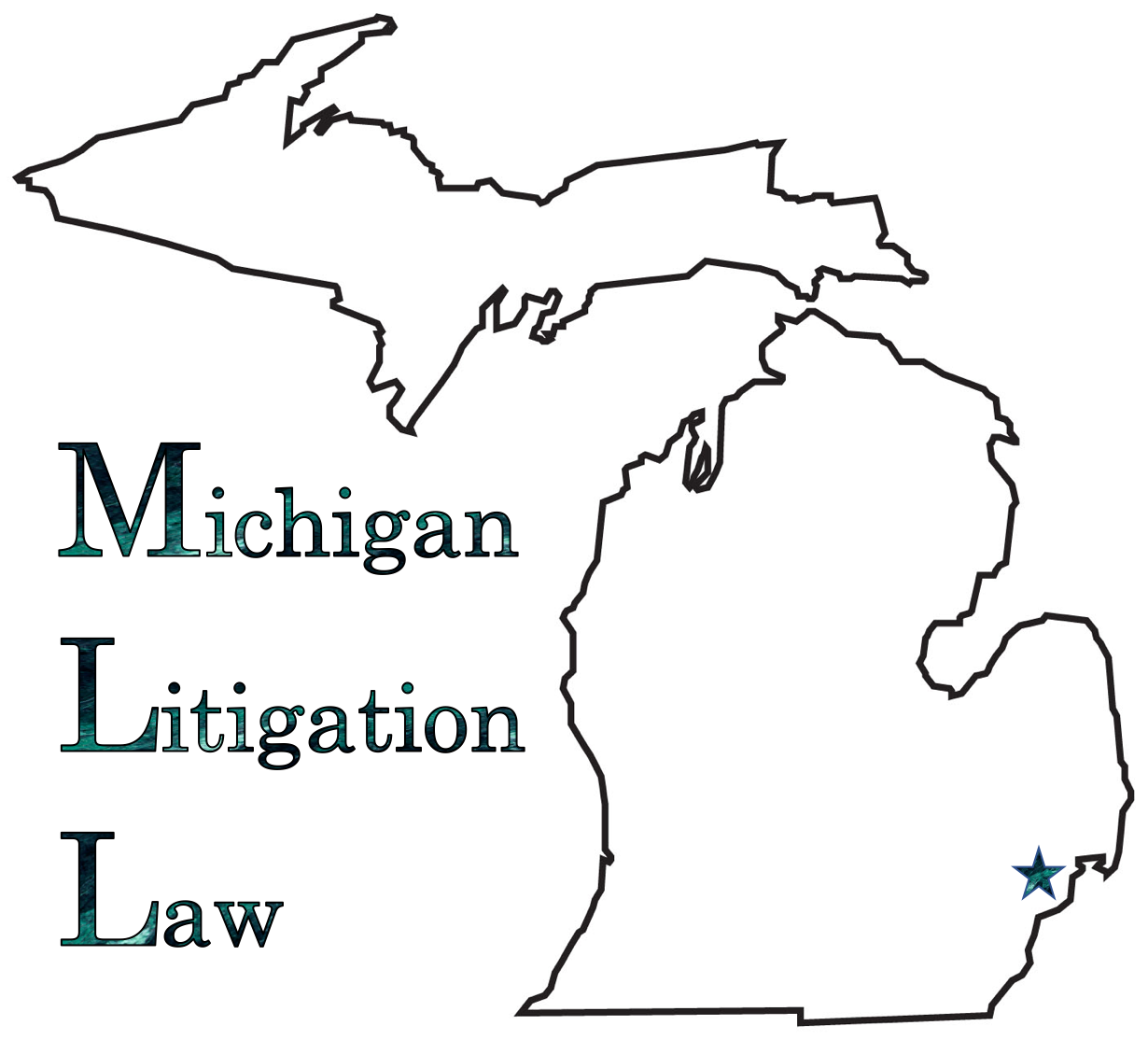The 1760s saw a growth in the intensity of litigation against state officers, who, using general warrants, conducted raids in search of materials relating to John Wilkes's publications attacking both government policies and the King himself. The most famous of these cases involved John Entick, whose home was forcibly entered by the King's Messenger Nathan Carrington, along with others, pursuant to a warrant issued by George Montagu-Dunk, 2nd Earl of Halifax authorizing them "to make strict and diligent search for ... the author, or one concerned in the writing of several weekly very seditious papers entitled, 'The Monitor or British Freeholder, No 257, 357, 358, 360, 373, 376, 378, and 380,'" and seized printed charts, pamphlets and other materials. Entick filed suit in Entick v Carrington, argued before the Court of King's Bench in 1765. Charles Pratt, 1st Earl Camden ruled that both the search and the seizure were unlawful, as the warrant authorized the seizure of all of Entick's papers—not just the criminal ones—and as the warrant lacked probable cause to even justify the search. By holding that "[O]ur law holds the property of every man so sacred, that no man can set his foot upon his neighbour's close without his leave",[5] Entick established the English precedent that the executive is limited in intruding on private property by common law.
Homes in Colonial America, on the other hand, did not enjoy the same sanctity as their British counterparts, because legislation had been explicitly written so as to enable enforcement of British revenue-gathering policies on customs; until 1750, in fact, the only type of warrant defined in the handbooks for justices of the peace was the general warrant.[4] During what scholar William Cuddihy called the "colonial epidemic of general searches", the authorities possessed almost unlimited power to search for anything at any time, with very little oversight.
In 1756, the colony of Massachusetts enacted legislation that barred the use of general warrants. This represented the first law in American history curtailing the use of seizure power. Its creation largely stemmed from the great public outcry over the Excise Act of 1754, which gave tax collectors unlimited powers to interrogate colonists concerning their use of goods subject to customs. The act also permitted the use of a general warrant known as a writ of assistance, allowing tax collectors to search the homes of colonists and seize "prohibited and uncustomed" goods. A crisis erupted over the writs of assistance on December 27, 1760, when the news of King George II's death on October 23 arrived in Boston. All writs automatically expired six months after the death of the King, and would have had to be re-issued by George III, the new king, to remain valid.
In mid-January 1761, a group of over 50 merchants represented by James Otis petitioned the court to have hearings on the issue. During the five-hour hearing on February 23, 1761, Otis vehemently denounced British colonial policies, including their sanction of general warrants and writs of assistance. However, the court ruled against Otis. Future US President John Adams, who was present in the courtroom when Otis spoke, viewed these events as "the spark in which originated the American Revolution."
Because of the name he had made for himself in attacking the writs, Otis was elected to the Massachusetts colonial legislature and helped pass legislation requiring that special writs of assistance be "granted by any judge or justice of the peace upon information under oath by any officer of the customs" and barring all other writs. The governor overturned the legislation, finding it contrary to English law and parliamentary sovereignty.
Seeing the danger general warrants presented, the Virginia Declaration of Rights (1776) explicitly forbade the use of general warrants. This prohibition became a precedent for the Fourth Amendment:
That general warrants, whereby any officer or messenger may be commanded to search suspected places without evidence of a fact committed, or to seize any person or persons not named, or whose offense is not particularly described and supported by evidence, are grievous and oppressive and ought not to be granted.
Article XIV of the Massachusetts Declaration of Rights, written by John Adams and enacted in 1780 as part of the Massachusetts Constitution, added the requirement that all searches must be "reasonable," and served as another basis for the language of the Fourth Amendment:[14]
Every subject has a right to be secure from all unreasonable searches, and seizures of his person, his houses, his papers, and all his possessions. All warrants, therefore, are contrary to this right, if the cause or foundation of them be not previously supported by oath or affirmation; and if the order in the warrant to a civil officer, to make search in suspected places, or to arrest one or more suspected persons, or to seize their property, be not accompanied with a special designation of the persons or objects of search, arrest, or seizure: and no warrant ought to be issued but in cases, and with the formalities, prescribed by the laws.
By 1784, eight state constitutions contained a provision against general warrants.

